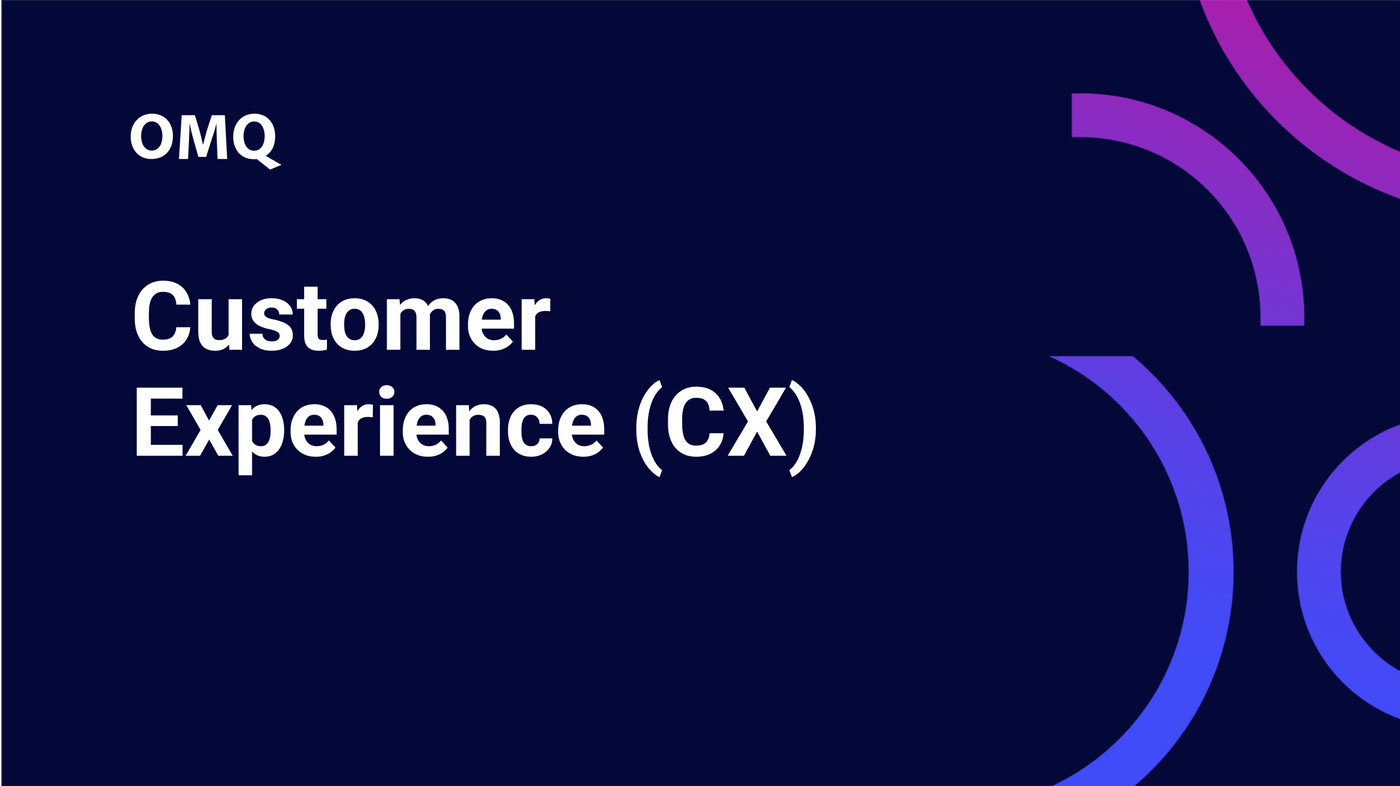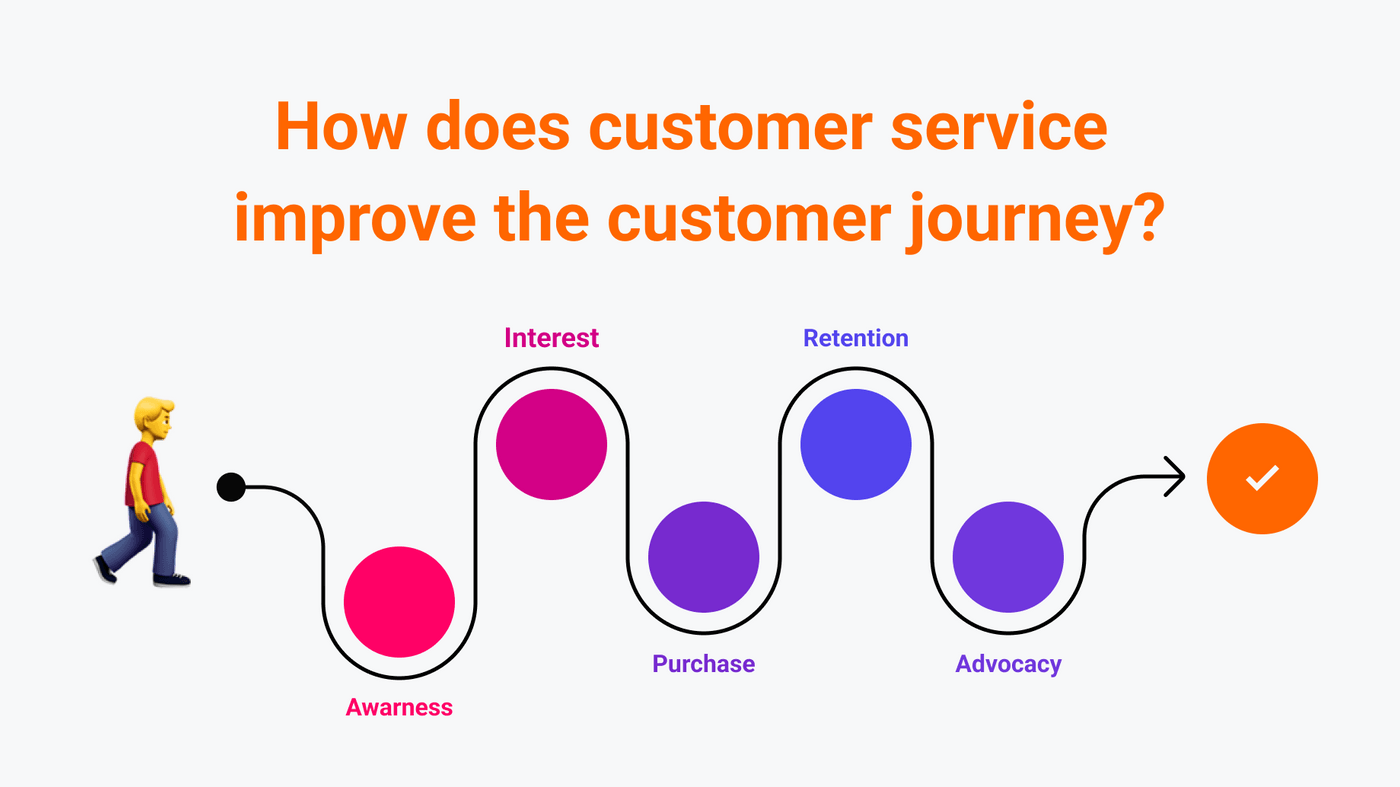Customer Service
Customer Loyalty: Definition and Strategies
Learn how personalized offers, excellent customer service, loyalty programs, high quality and effective customer feedback strengthen customer loyalty and what strategies are available to build long-term, loyal customer relationships and increase company success.
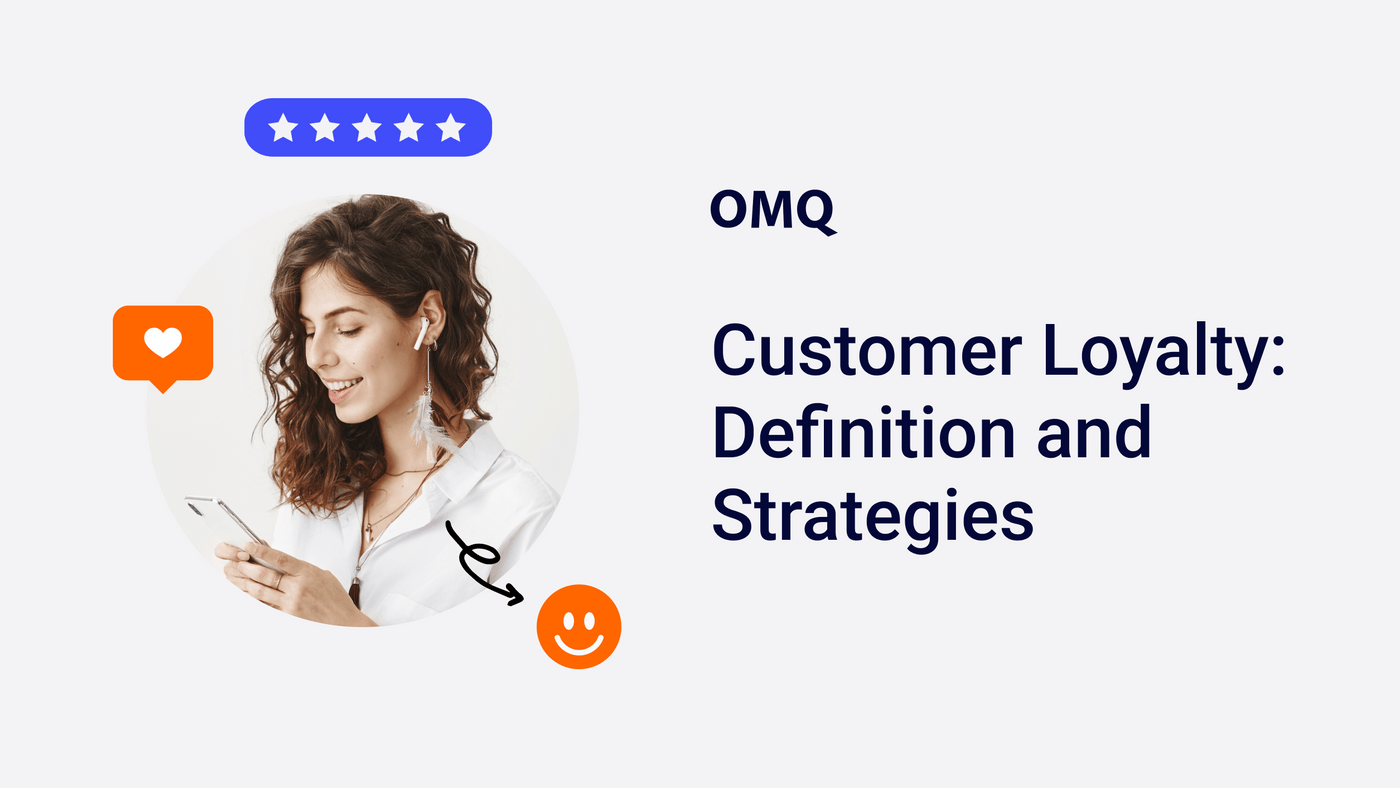
Customer loyalty is a crucial factor for the long-term success of a company. By encouraging repeat purchases and converting walk-in customers into loyal repeat customers, companies can increase their sales and improve their profitability.
What is Customer Loyalty?
Customer loyalty refers to the strategies and measures a company uses to build a lasting relationship with its customers. The goal is to get customers to do business with the company again and again and to reward their loyalty.
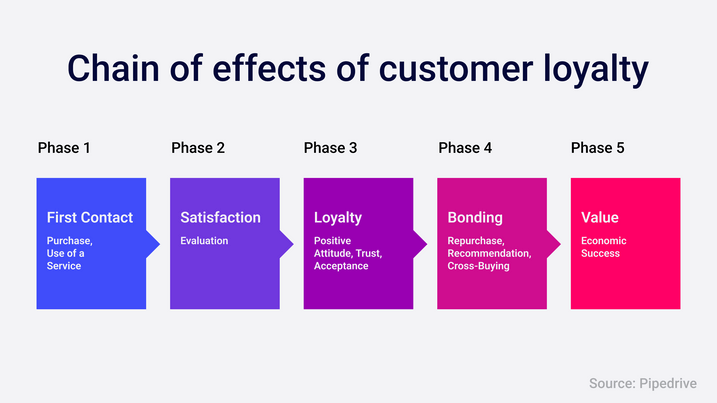
Customer Loyalty.
Why is Customer Loyalty important?
Customer loyalty is important because it is more cost-effective than acquiring new customers and loyal customers often generate more sales. Satisfied customers are more likely to make repeat purchases and are more willing to buy additional products. They also promote the company through positive word of mouth, which leads to new customers. Strong customer loyalty therefore ensures stable revenue and strengthens the company’s position on the market.
In summary, customer loyalty is important for companies for the following reasons:
- Regular sales: By keeping customers loyal to your company, you ensure regular sales. A loyal customer will buy from you again and again, ensuring a constant cash flow.
- Increased profitability: It is common knowledge that it is more costly to acquire new customers than to retain existing ones. By focusing on customer retention, you can reduce your costs and increase your profitability.
- Reduced price sensitivity: Loyal customers are generally less price sensitive. They appreciate the value of your products or services and are willing to pay for them.
- Positive word of mouth: Satisfied and loyal customers are more likely to recommend your company to others. This can lead to new customers being attracted.
Types of Customer Loyalty
There are different types of customer loyalty that companies can use to build and strengthen long-term relationships with their customers. Emotional customer loyalty occurs when customers develop a personal and emotional connection to a brand or company. This happens through positive experiences, building trust, a strong brand identity or sharing common values. Customers remain loyal for emotional reasons because they feel connected to the brand.
Another form is rational customer loyalty, which is based on practical considerations. Here, customers remain loyal due to benefits such as a good price-performance ratio, high product quality or special services. Contractual customer loyalty also plays an important role, especially in industries where contracts stipulate customer loyalty over a certain period of time, such as mobile phone contracts or subscriptions.
There is also technological customer loyalty, in which customers are bound to a company through the use of certain technologies, for example through the use of specific software or devices that are only compatible with the company’s products or services.
Finally, there is social customer loyalty, which is created through interaction in communities or networks. Companies encourage this through customer communities, events or social media presence, making customers feel part of a larger community. Each of these types contributes in its own way to strengthening customer loyalty and increasing the likelihood that they will remain loyal to the company in the long term.
Measures for Customer Loyalty
There are many strategies and measures that companies can use to improve customer loyalty. Some of these are:
- Excellent customer service Customers appreciate good service. By providing quick and effective solutions to customer problems, you can increase their satisfaction and encourage their loyalty.
- Free delivery: Many customers appreciate the convenience of free delivery. This can be particularly effective in retaining online customers.
- Reward programs: Reward programs that offer points or discounts for repeat purchases can be very effective in encouraging customers to buy from you again and again.
- Community Building: Building a community around your brand can help create an emotional connection with your customers. This can be achieved through social media interaction, events or special club offers.
Strategies to increase Customer Loyalty
A successful customer loyalty strategy includes several elements that are aligned with customer needs and expectations. Here are some proven strategies to increase customer loyalty and build long-term relationships:
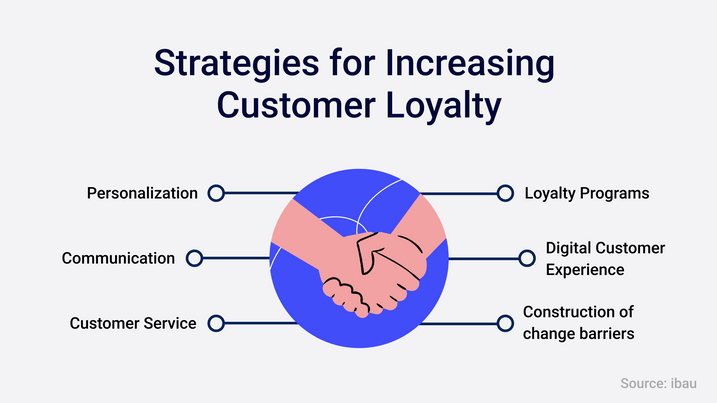
Strategies to increase Customer Loyalty.
Personalization
Personalized offers and communication are crucial for addressing customers individually and building a closer relationship. This includes analyzing the preferences and behavior of customers and creating targeted offers based on this.
For example, personalized product recommendations, birthday discounts or exclusive offers based on purchase history can help customers feel valued and understood. Personalized communication, whether through personalized emails, customized newsletters or personalized website content, creates a unique customer experience that increases loyalty.
Customer Service
Excellent customer service is one of the most important factors for customer satisfaction. Customers expect fast, friendly and competent support when they have questions or problems. A company should therefore invest in well-trained staff, multilingual support and a fast response time. In addition, various contact options, such as telephone, email, live chat and social media, are important in order to offer customers the preferred communication channel.
Outstanding customer service can turn negative experiences into positive ones and strengthen customer loyalty, as customers feel that they are genuinely helped and valued as individuals.
Loyalty Programs
Loyalty programs and reward point systems are proven methods of motivating customers to make repeat purchases. These programs offer incentives, such as points for every purchase, which can be exchanged for discounts, free products or exclusive benefits. Customers feel rewarded for their loyalty through such reward systems and are more likely to remain loyal to the company.
A well-designed loyalty program can also help influence customer purchasing behavior by motivating them to shop more frequently or spend higher amounts to receive more benefits.
Quality and Consistency
Consistently high product and service quality is crucial to gaining and maintaining customer trust. Customers expect to receive the same high quality with every purchase. Inconsistency in product quality or service can quickly lead to dissatisfaction and loss of trust.
Companies should therefore continuously work to improve their products and services and ensure that they always meet or exceed customer expectations. Consistent positive experiences build trust and keep customers coming back.
Feedback and Customer Communication
Obtaining and using customer feedback is essential in order to continuously improve products and services. Companies should actively ask for feedback, be it through surveys, reviews or direct customer interviews. This feedback not only helps to identify weaknesses and make improvements, but also shows customers that their opinion is valued and that they are contributing to the further development of the company. Communication with customers should also be open and transparent. Regular updates about new products, improvements or changes in the company show that the company cares about its customers and puts them at the center of its attention.
These strategies, individually or in combination, can help to strengthen customer loyalty. Companies that offer their customers a personalized, consistent and high-quality experience build long-term, loyal customer relationships that translate into repeat purchases and positive word of mouth.
Measuring the Effectiveness of Customer Loyalty
The effectiveness of customer loyalty can be measured using various key figures and methods:
Customer Retention Rate
This key figure indicates the percentage of customers who remain with the company over a certain period of time. A high retention rate shows that the company is able to keep its customers.
Customer Churn Rate
This measures the percentage of customers who leave the company within a certain period of time. A low churn rate indicates effective customer retention.
Customer Lifetime Value (CLV)
The CLV shows the estimated total value that a customer generates during their entire business relationship with the company. An increasing CLV is an indicator of successful customer retention strategies.
Repurchase Rate
This measures how often customers buy from a company again after their first purchase. A high repurchase rate indicates effective customer loyalty.
Net Promoter Score (NPS)
The NPS measures the willingness of customers to recommend the company to others. A high NPS value indicates strong customer satisfaction and loyalty.
Customer Feedback and Surveys
Direct feedback from customers through surveys, feedback forms or reviews can provide insights into customer satisfaction and loyalty.
Engagement Rate
This measures how actively customers interact with the company, e.g. through newsletter openings, social media interactions or participation in customer programs.
Conclusion
Customer loyalty is an essential component of a company’s long-term success. Through effective strategies, companies can build a sustainable relationship with their customers, which not only strengthens customer loyalty but also increases business success. The implementation of personalized offers, excellent customer service, well thought-out loyalty programs and high product quality form the basis for strong customer loyalty.
Successful customer loyalty starts with defining and understanding the different types of customer loyalty, be it emotional, rational, contractual, technological or social. Each type offers different starting points for retaining customers in the long term. To measure the effectiveness of customer retention strategies, companies can use various metrics such as customer retention rate, customer lifetime value and net promoter score.
In summary, creating and maintaining customer loyalty not only offers a cost saving compared to acquiring new customers, but also leads to a more stable revenue stream, increased profitability and positive word of mouth. Companies that invest in the continuous improvement of their customer loyalty strategies will be successful in the long term and will be able to hold their own against the competition.

